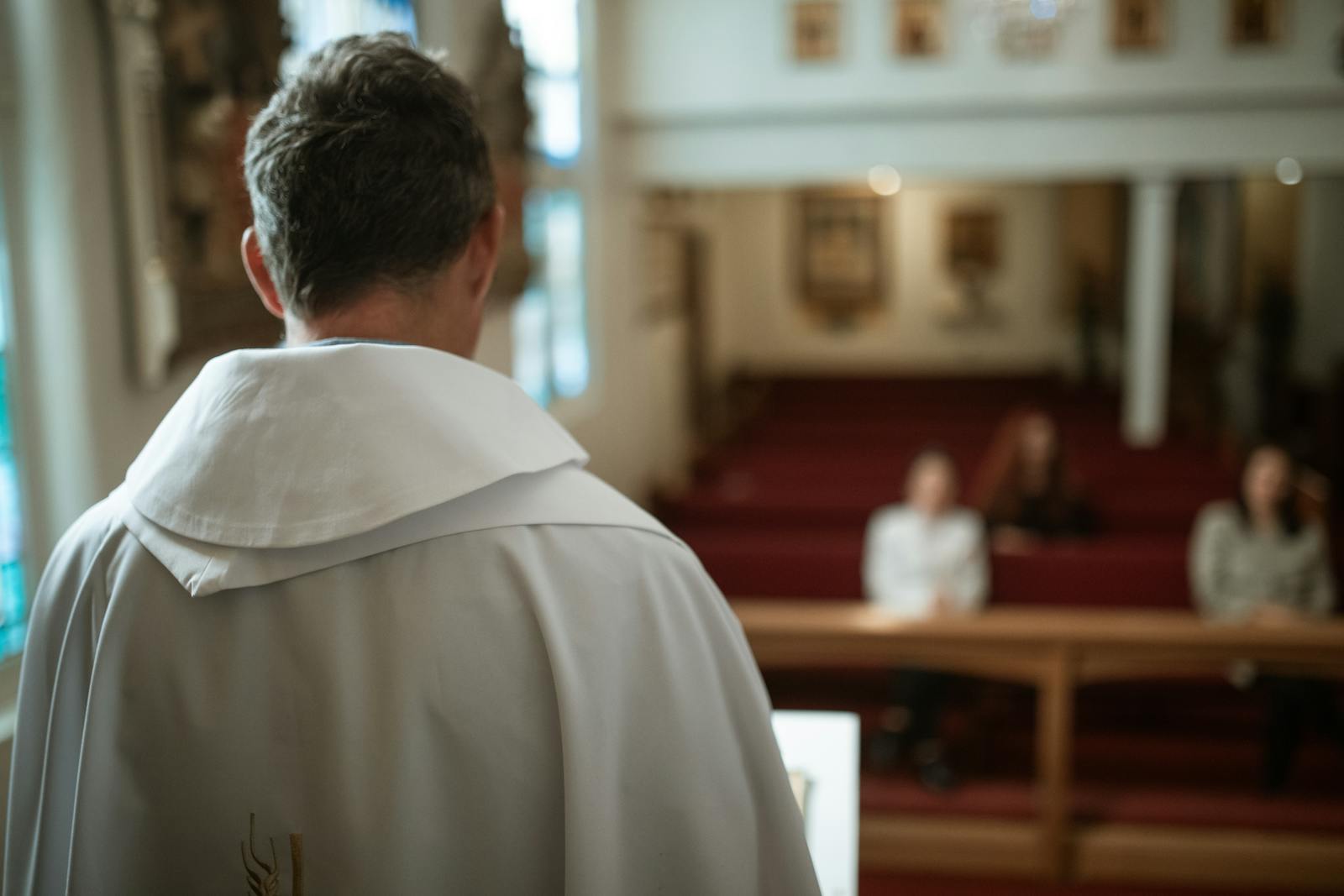The Language of Speaking in Tongues: A Critical Exploration
Breaking Down the Mysteries, Myths, and Misconceptions Around Speaking in Tongues and Blind Faith
For anyone unfamiliar with the practice of “speaking in tongues,” it can feel bewildering, even frightening. Growing up, I never understood it and honestly viewed it with a healthy amount of suspicion. When I became a young adult and started attending church, I saw people around me, friends and even family members, suddenly speaking in languages I couldn’t understand. It felt almost like watching them take on something foreign and mystical—or even dark.
When my mother became a Christian in her late 30s, I was surprised at how quickly she, too, started “speaking in tongues.”
To me, the experience seemed strange and unnatural. I couldn’t help but wonder: What if this is a language of demons or dark forces? How could so many people engage in this practice without questioning its origins? Watching people blindly follow such practices without ever asking questions left me feeling uneasy.
What is Speaking in Tongues?
In many Christian circles, speaking in tongues is considered a gift from the Holy Spirit, a direct line of communication between an individual and God. Often referred to as “glossolalia,” it involves speaking in an unknown language, believed to be divine.
The practice has been around for centuries and is even mentioned in religious texts, such as the New Testament.
However, despite its sacred place in certain faiths, many people, like myself, find it hard to trust. Is this really a divine act, or could there be something else at work here? Blind acceptance, especially of something as mysterious as speaking in tongues, can raise questions for those who prefer to think critically about what they’re seeing.
The Risks of Blind Faith
It’s crucial to look at any belief or practice with a questioning mind. We are often taught from a young age that faith means accepting without proof. But is that a safe way to live? We should never be afraid to ask questions, especially when it comes to our spirituality and the beliefs that guide our lives.
For centuries, religion has been used as a means of mass control.
Should You Trust Speaking in Tongues? Exploring the Mystery
Whether it’s through social pressure, promises of eternal paradise, or threats of everlasting punishment, organized religions often come with structures that encourage strict adherence. Some people view these structures as forms of spiritual discipline, while others feel they are oppressive rules designed to keep people in line.
And then there’s the question of punishment: the idea of a fiery, eternal torment for those who don’t follow the “rules” just never sat right with me.
Would a loving God really condemn people to an eternity of suffering? To me, this seems more like a creation of fear rather than faith—a way to keep people in line rather than guide them toward truth and understanding. How could a loving Creator be the source of such an idea?
To follow that kind of vision seems more like worshiping a cruel tyrant than a compassionate deity.
As with any faith-based practice, it’s important to ask where the evidence lies.
Speaking in tongues is supposed to be a gift from a higher power, but without solid proof, many people struggle to accept this idea at face value. Studies on glossolalia have explored its psychological and social aspects, but the lack of definitive answers leaves it up to each individual’s belief system to interpret.
Blind Faith or True Connection? Questioning Speaking in Tongues
Many people experience a sense of euphoria or emotional release when speaking in tongues. But this can also be attributed to a psychological phenomenon rather than divine intervention.
Our minds are powerful, and we can be influenced by the environment and the energy around us. In group settings, it’s easy to get swept up in the excitement, to feel pressure to fit in, or to feel compelled to experience something others describe as “divine.”
Question Everything, Including Religion
Religion can be a powerful force for comfort and community, but it also has its darker sides, especially when people are discouraged from asking questions. I believe that faith should be based on exploration, not fear. If a faith tradition discourages questions or labels skepticism as “wrong” or “sinful,” it’s worth examining why.
We all have a responsibility to explore, to ask, and to seek answers.
Blindly following anything—whether it’s speaking in tongues, a religious practice, or a set of beliefs—without questioning its origins and implications can lead to a life lived in the dark. Seeking truth shouldn’t be about accepting everything we’re told; it should be about digging deeper, exploring openly, and finding out what truly resonates with our inner selves.
Why We Should Seek Proof in Faith and Life
Is Speaking in Tongues Divine or Deceptive? Why You Should Question It
Faith without proof isn’t necessarily wrong, but it’s essential to recognize when something doesn’t align with what feels right for us.
Many of us are drawn to spirituality and deeper questions about life, but we must navigate these questions with open eyes and cautious hearts. Instead of taking everything at face value, look for proof or at least for practices that feel genuine to you personally.
Awakening the Mind and Asking the Tough Questions
Our beliefs shape our reality. To truly grow, we should seek to understand why we believe what we believe and question the practices that may not make sense.
Exploring beyond the boundaries of tradition can be uncomfortable, but it’s often in these uncomfortable places that we find genuine truth. We live in a world full of unknowns, and we owe it to ourselves to explore these unknowns with curiosity, respect, and a healthy dose of skepticism.
The Truth About Speaking in Tongues: Faith, Fear, and Skepticism
Blind faith is a dangerous thing. A loving Creator, if one exists, would want us to be thoughtful, curious, and open-minded, not fearful and obedient without understanding.
So, let’s keep asking questions and continue seeking answers. Faith is a personal journey, and it’s up to each of us to carve our own path—guided not by fear, but by a sincere desire to understand and live in truth.
In the end, faith and spirituality are deeply personal, and every individual’s path will be unique. As we walk our own journeys, let’s commit to questioning, exploring, and ultimately finding what aligns with our true selves.




















